How Dispose my old PC?
500 &+ Deposit points




FREE On-Site Hard Drive Destruction at Montreal
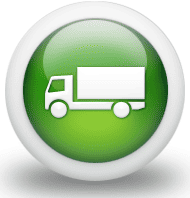

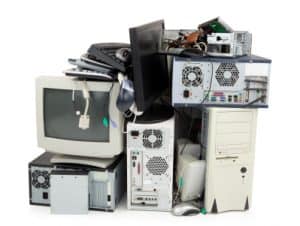
Recycling Items
Computer, Printer, Television, Screen, Laptop, Phone, Electronic, accessorie…
.
1000&+ Drop-Off Areas in Montreal, Laval, South Shore…. List recyclable items (Computers, printers, accessories, screens, electronics…). Eco-Responsive. HDD Destuction. 3000&+ Satisfied Clients. Free Electronics PICK-UP
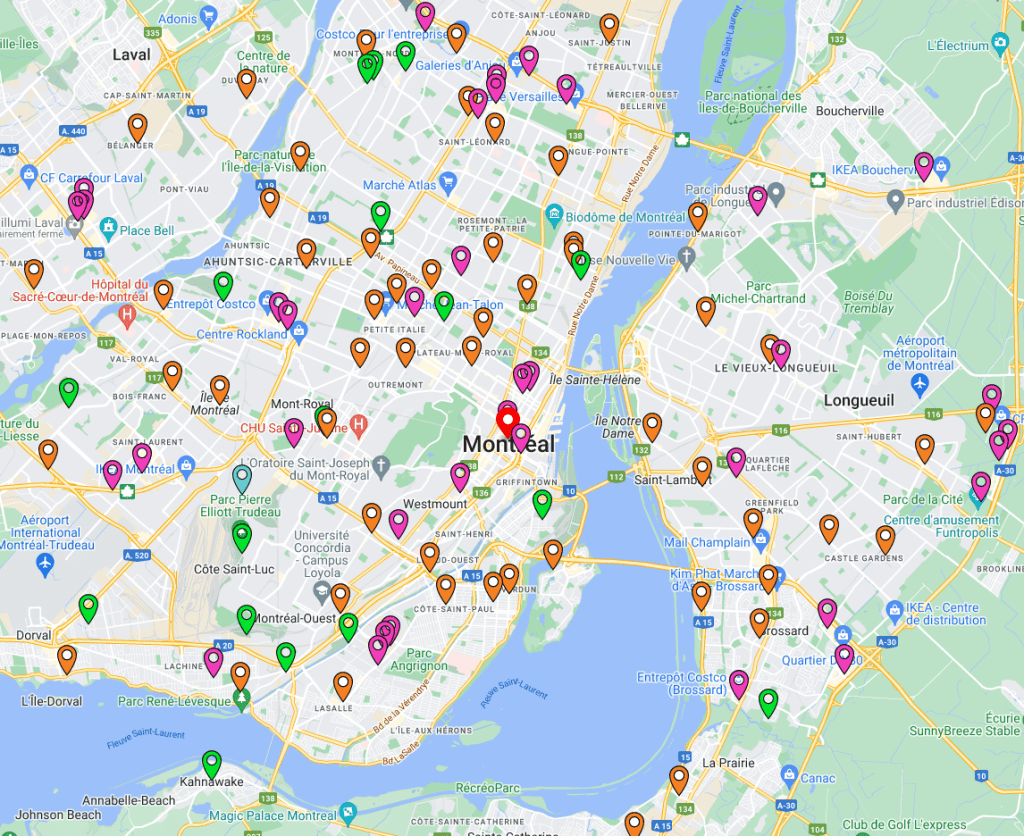
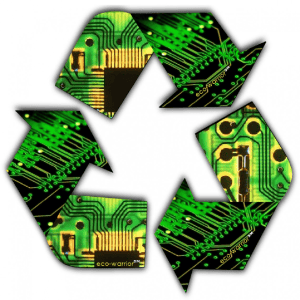
R2v3, ISO 14001, and ISO 45001
For electronic recycling operations, our certified partner in the Greater Montréal area is Suntech Recycle, a company holding the highest industry certifications, including R2v3, ISO 14001, and ISO 45001.
This partnership allows Suntech Recycle to manage the recycling of electronic materials, while Computer Recycling Canada focuses on reuse, refurbishment, resale, marketing, and social impact initiatives.
Beyond environmental responsibility, Computer Recycling Canada is deeply committed to social impact and ethical recycling practices. Our second mission is to give back to others by supporting communities in developing countries, particularly in Africa, through access to reliable, functional, and modern computer equipment.
Access to technology plays a crucial role in educational, social, and economic development. Each year, Computer Recycling Canada makes financial and equipment donations to charitable organizations that work directly with local communities. These donations help reduce the global digital divide while extending the useful life of IT equipment that would otherwise go unused.
We work closely with trusted partners in Africa to ensure that donated equipment is functional, appropriate, and delivered responsibly. These initiatives support education, workforce development, and access to information for communities with limited technological resources.
development, and access to information for communities with limited technological resources.
Computer Recycling Canada also provides specialized services for its key institutional and corporate clients, including priority equipment collection, on-site hard drive destruction, detailed ecological reporting, customized recycling solutions, and long-term client support. Among our trusted clients are school boards, healthcare institutions, and numerous private companies across Canada.
When clients are ready for a collection, they can simply complete our online form or contact us directly. All collections are free of charge, allowing organizations to responsibly dispose of obsolete IT equipment while contributing to both environmental protection and social responsibility.
.
Environmental and ethical electronic recycling
Government of Québec approved
Free data destruction certificates upon request
.

At Computer Recycling Canada, we provide professional electronic recycling pickup in Montreal for businesses, schools, and individuals. Our mission is to give old computers, laptops, and electronic devices a second life while reducing environmental impact and conserving valuable resources.
Electronic waste contains precious metals such as gold, silver, copper, aluminum, and other reusable materials. Recycling these components prevents them from ending up in landfills and reduces the need for new raw material extraction. Hazardous substances like lead, mercury, and chromium are safely managed, protecting both human health and the environment.

We securely erase all data from hard drives using certified software or, if requested, physically destroy drives. Clients receive certificates of data destruction, ensuring privacy, security, and regulatory compliance. Functional electronics are refurbished for resale or donated to schools and communities in need, supporting education and social development. Non-functional components are sent to certified recyclers for responsible processing, including metals, plastics, glass, and batteries.
Our recycling operations create local jobs in collection, refurbishment, and resale, while maintaining strict health, safety, and environmental standards. All processes follow established protocols to prevent pollution, over-extraction of resources, and improper handling of hazardous materials. We partner with certified recyclers to ensure that every piece of e-waste is processed responsibly.
By choosing Computer Recycling Canada, you contribute to environmental protection, ethical recycling, and sustainable resource management. Schedule your free electronic recycling pickup in Montreal today: https://computerrecycling.ca/free-pickup/ and help give your old electronics a second life.
E-Waste (Computer Recycling Equipment) and their Disposal
Opened for signature on March 22 1989 and put into effect on May 5 1992, the Basel Convention on the Control of Transboundary Movements of Hazardous E-Scrap and Their Disposal aims to limit the circulation of computer recycling material between nations, and particularly to prevent transfer of computer recycling part from developed to less developed countries. Where are we now, twenty odd years later?
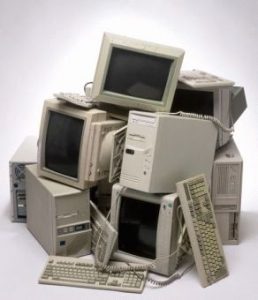
Canada participates in three international agreements:
– The Basel Convention on the Control of Transboundary Movements of computer recycling part and Their Disposal, which Canada ratified in 1992;
– The Convention on the Organization for Economic Co-operation and Development, concerning the control of Transboundary movement of computer recycling equipment for recovery operations
– The Agreement between Canada and the U.S. concerning transboundary movement of computer recycling material, 1986 (modified in 1992)
Theoretically, these agreements provide all concerned parties with firm guidelines and instructions to adhere to when dealing with computer recycling part. But what does this mean, in reality?
Computer Recycling Service: Free Pickup
.